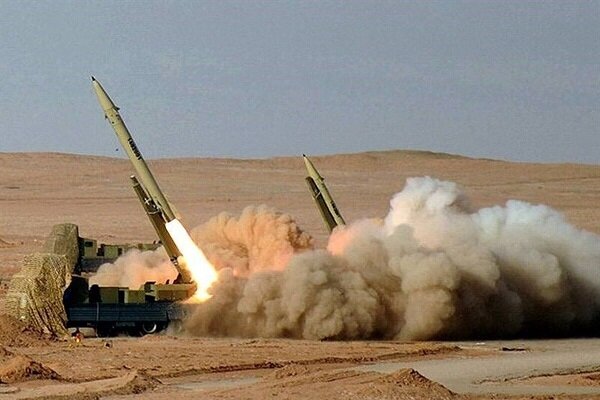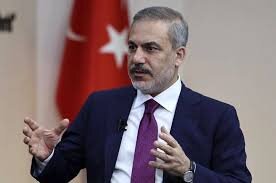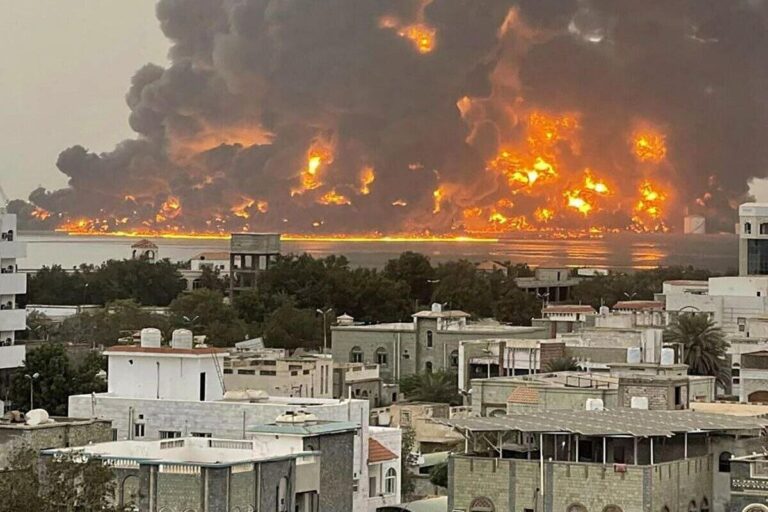Yemen’s Potential Return to Hostilities: A New Threat to Israel?
Recent reports from Israeli media have raised significant concerns regarding the potential collapse of the Gaza ceasefire deal. These sources indicate that Israeli security personnel are preparing for various scenarios, which may include the resumption of attacks on the Gaza Strip. The situation remains tense, and the implications of these developments could be profound.
According to the reports, the Palestinian Resistance Movement, Hamas, is currently engaged in a thorough assessment of the ongoing war situation. This assessment includes efforts to rebuild their infrastructure and recruit additional forces. The possibility of renewed conflict raises important questions about regional stability and security.
Here are some key points regarding the current situation:
- Ceasefire Concerns: There are increasing worries that the ceasefire agreement may not hold, leading to further escalations in violence.
- Israeli Preparations: Israeli forces are reportedly preparing for the possibility of renewed attacks on Gaza, indicating a heightened state of alert.
- Hamas’s Strategy: Hamas is focusing on rebuilding its capabilities and enhancing its military infrastructure, which may affect future engagements.
- Potential Yemeni Involvement: If the ceasefire collapses, Yemeni forces might also resume their attacks on Israeli territories, complicating the geopolitical landscape.
These developments indicate a precarious situation in the region. The potential for renewed hostilities poses a threat not only to those directly involved but also to broader regional stability. Should the ceasefire fail, the repercussions could extend beyond Gaza, impacting neighboring countries and global diplomatic relations.
The international community is closely monitoring the situation. Diplomatic efforts to maintain peace and prevent escalation are ongoing, but the effectiveness of these measures remains uncertain. As tensions rise, the need for a sustainable solution becomes increasingly urgent.
It’s essential to consider the broader implications of these developments. A resurgence of conflict could lead to humanitarian crises, increased displacement of civilians, and a more extensive military engagement, drawing in various regional actors.
In light of these circumstances, it’s critical for stakeholders to engage in dialogue and seek pathways to de-escalate tensions. The focus should be on fostering peace and ensuring the safety and security of all civilians affected by the conflict.
As the situation unfolds, both local and international observers will be watching closely. The dynamics of the Gaza conflict are complex, and any miscalculation could lead to significant consequences.
In conclusion, the potential collapse of the Gaza ceasefire deal is a matter of grave concern. The actions of both Israeli and Palestinian forces will be pivotal in determining the trajectory of this conflict. The hope remains that through diplomatic efforts and negotiations, a peaceful resolution can be achieved, preventing further loss of life and ensuring stability in the region.
It is imperative to stay informed about these developments and understand their implications not only for the immediate region but also for global peace and security. The stakes are high, and the need for effective solutions is more pressing than ever.






